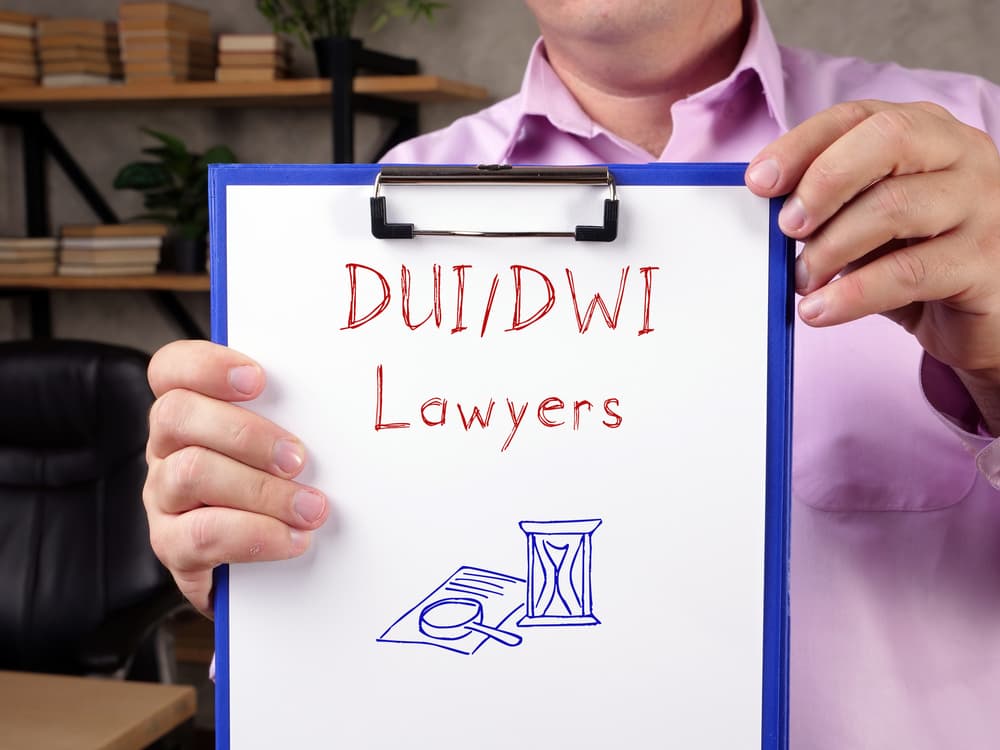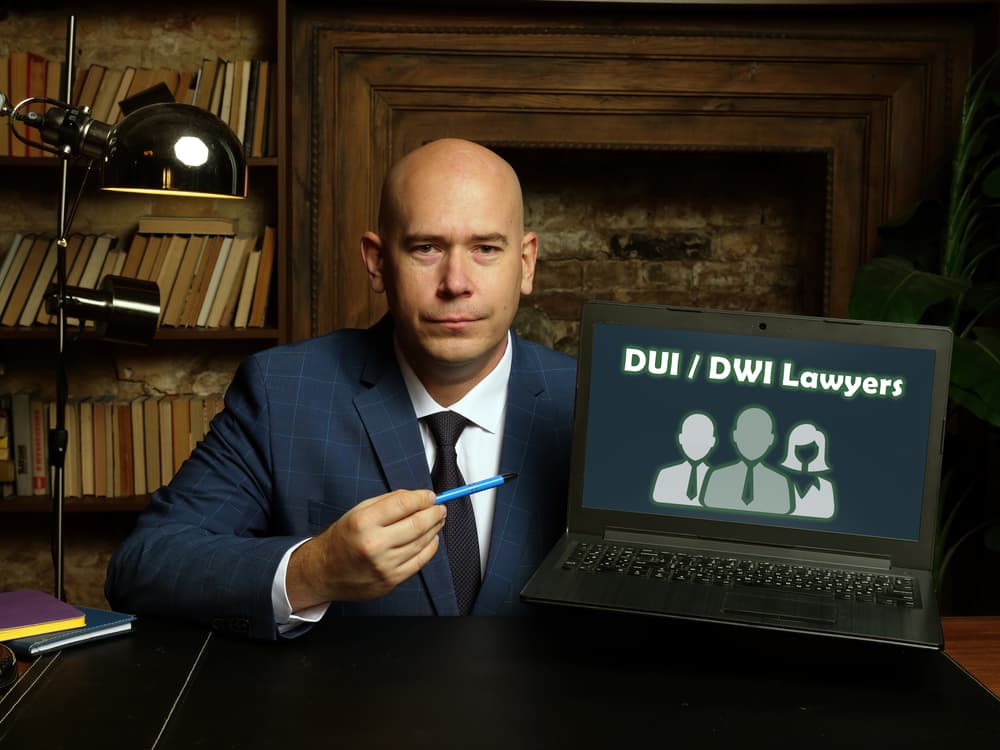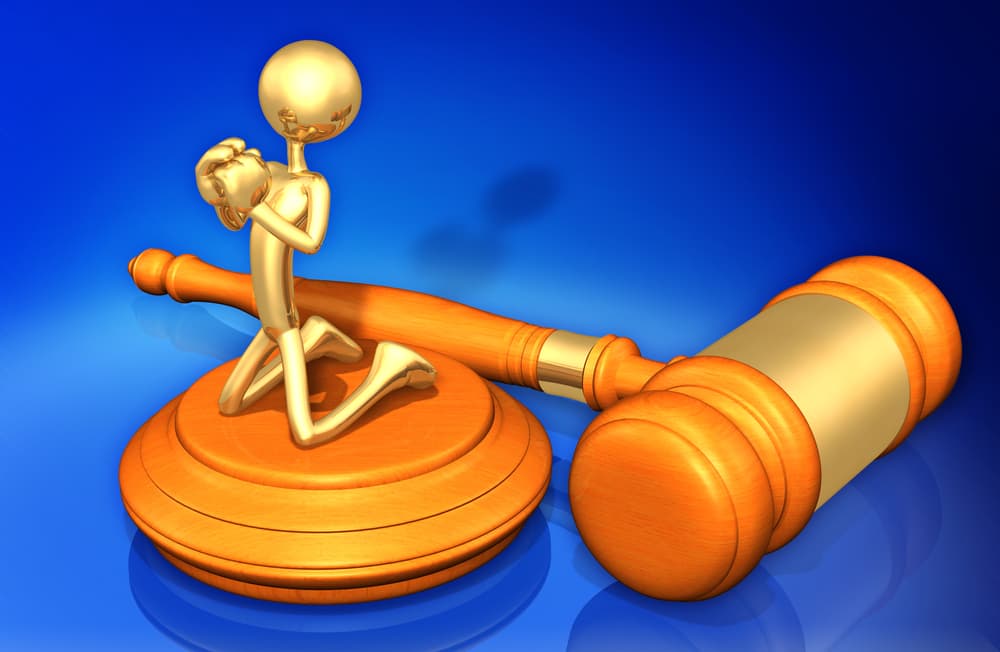
How to Get a DWI Dismissed in New York
Driving While Intoxicated (DWI) charges can have serious consequences, including hefty fines, license suspension, and even jail time. However, with the right lawyer, you can get your DWI dismissed in New York. This blog will explain the laws and what a DWI defense attorney can do for you, including mounting a solid defense.
Schedule a Free Initial Consultation Today!
BAC Levels and DWI
In New York, DWI laws make it illegal for a person to operate a motor vehicle with a 0.08 percent or higher Blood Alcohol Content (BAC) level. Even if your BAC is below 0.08 percent, you can still face charges if law enforcement determines that alcohol or drugs impaired your ability to drive.
Why You Need a DWI Defense Attorney

The first step in fighting a DWI charge is to hire an attorney with extensive experience in DWI cases. A DWI defense lawyer can help navigate the legal process, assess the strength of the prosecution’s case, and develop a defense strategy tailored to your specific circumstances.
Attempting to handle a DWI charge alone can be overwhelming and may result in less favorable outcomes.
Potential Penalties
Always hire a lawyer to try to dismiss your DWI in New York because of the severe penalties:
- Fines ranging from hundreds to thousands of dollars
- License suspension or revocation
- Mandatory participation in alcohol education programs
- Imprisonment, particularly for repeat offenders or those involved in accidents resulting in injury or death.
How a DWI Defense Lawyer Can Help Get Your DWI Dismissed
A skilled attorney can work to find legal technicalities and procedural errors during the arrest or investigation process. If someone in law enforcement made a mistake, that can significantly affect the outcome of your case.
Procedural Errors
These errors may range from minor deviations from proper protocol to more severe violations of constitutional rights. For instance, if the arresting officer failed to administer a Breathalyzer test properly or conduct field sobriety tests according to standardized procedures, it can cast doubt on the validity of the evidence gathered.
Violating Your Constitutional Rights
Another common issue that can lead to dismissal is the lack of probable cause for the traffic stop. In the United States, law enforcement officers must reasonably suspect that a crime or traffic violation has occurred before pulling over a vehicle.
This principle stems from the Fourth Amendment to the U.S. Constitution, which protects citizens from unreasonable searches and seizures.
If your attorney can demonstrate that the officer lacked probable cause for the stop, the court may throw out any evidence obtained from that stop, such as BAC test results.
Faulty Testing
Inaccuracies in chemical testing or sobriety field tests can also provide grounds for dismissal. Breathalyzer machines, while widely used, are not infallible. They can produce false readings for a variety of reasons. Factors such as improper calibration, environmental conditions, or medical conditions of the individual being tested can all impact the accuracy of the results.
Similarly, field sobriety tests, which officers often use to assess a driver’s level of impairment, are subjective and unreliable indicators of intoxication. This is especially true for individuals with physical or medical conditions that can affect their performance.
Other Rights Violations
Additionally, violations of Miranda rights or denial of legal representation can seriously affect the admissibility of evidence in court. Miranda rights, guaranteed by the Fifth Amendment, require law enforcement officers to inform people they’re arresting of their right to remain silent and their right to an attorney before conducting custodial interrogations.
Failure to provide these warnings or denial of access to legal representation can render any statements the defendant made inadmissible during the arrest. This can significantly weaken the prosecution’s case and may ultimately lead to the dismissal of the charges.
To mount an effective defense against a DWI charge, exploring all possible avenues for dismissal is essential. Your lawyer may, for instance, challenge the validity of the arresting officer’s actions, scrutinize the reliability of chemical testing results, and present evidence that undermines the prosecution’s case.
An experienced attorney can identify weaknesses in the prosecution’s arguments and leverage them to your advantage.
Negotiating a Plea Bargain

If dismissal efforts do not succeed, your attorney may negotiate with the prosecution for a plea bargain. Your lawyer may recommend pleading guilty to a lesser offense, such as a reduced charge of driving while impaired (DWAI), in exchange for more lenient penalties. While a plea bargain may not result in a complete DWI dismissal in New York, it can mitigate some of the consequences associated with conviction.
The following is information on how your attorney may attempt to negotiate a reduced charge.
Mitigating Factors
Your attorney may highlight mitigating factors, such as the fact you don’t have a criminal record. They can also highlight your positive contributions to the community or cooperation with law enforcement.
By presenting you in a favorable light, the attorney aims to persuade the prosecutor to consider a more lenient plea deal.
Challenging the Case Against You
Another strategy is to challenge the strength of the prosecution’s case. Your attorney will analyze the evidence, including BAC test results and witness statements, for any weaknesses or inconsistencies.
The attorney may use doubts about the reliability of the evidence or the legality of the arrest as leverage to negotiate a plea bargain that reduces charges or penalties.
Explaining the Benefits of a Plea Bargain
Defense lawyers often emphasize the potential benefits of a plea bargain for both parties. By avoiding a lengthy and costly trial, prosecutors can conserve resources and allocate them to other cases. Meanwhile, defendants may benefit from reduced charges or penalties, sparing them from harsh consequences such as license suspension or incarceration.
Alternatives to Jail Time
Another effective strategy is to propose alternative resolutions that address the underlying issues contributing to the DWI offense. This may involve participating in alcohol education programs, attending counseling or rehabilitation, or performing community service.
If you demonstrate a commitment to addressing the root causes of the offense, you can present yourself as a proactive and responsible person deserving of leniency.
Contact a New York DWI Defense Attorney as Soon as You Can

While getting a DWI dismissed in New York is not impossible, it’s very challenging. You need the help of a skilled lawyer. The sooner you get legal help, the better the chances your criminal defense attorney can achieve the best possible outcome in your case.
Schedule a Free Initial Consultation Today!
Lindsay Bernstein
Latest Posts
What Happens if You Get Caught for Shoplifting?
If someone accuses you of shoplifting, you may face serious legal consequences. The first and most obvious risk you face is the immediate threat to your...
Common Offenses That Lead to a Suspended License in New York
We frequently overlook or undervalue our ability to drive, regarding it as a right rather than a privilege. Though most of us know that there are fines and...
